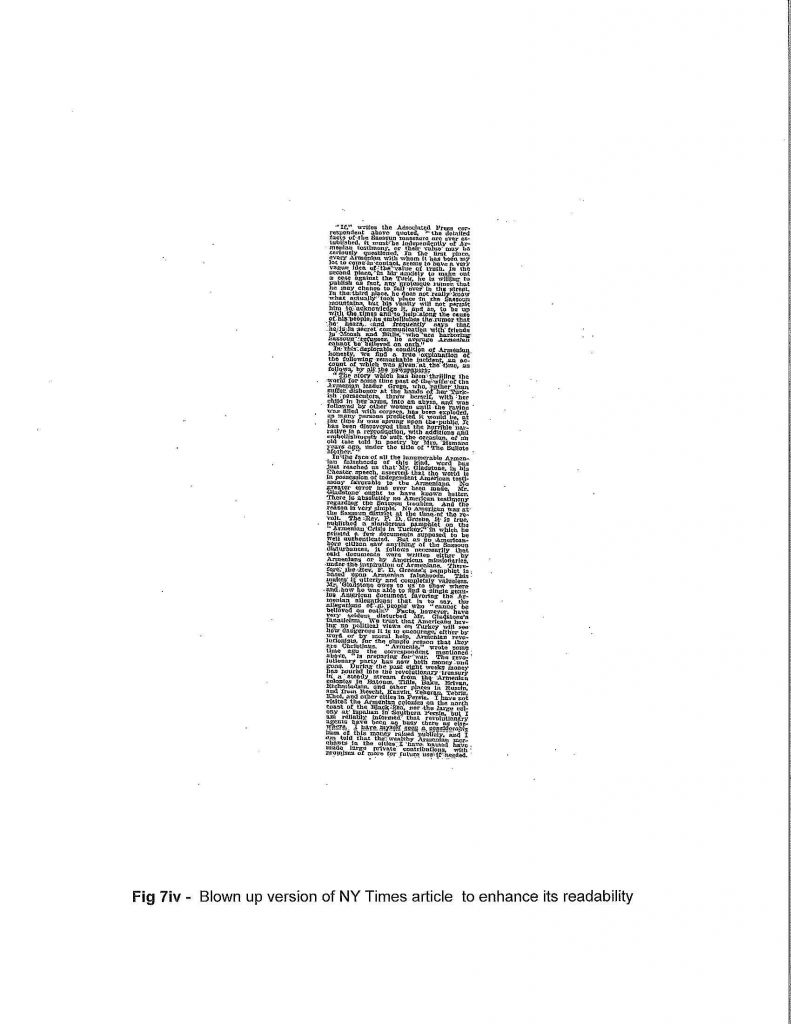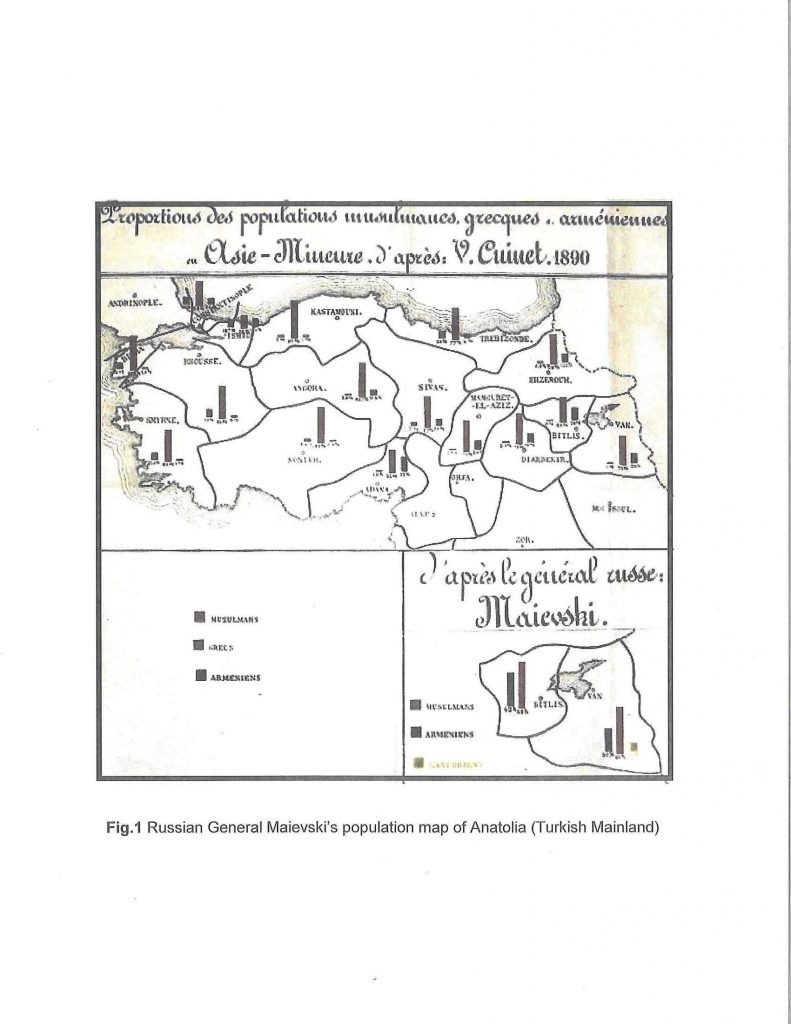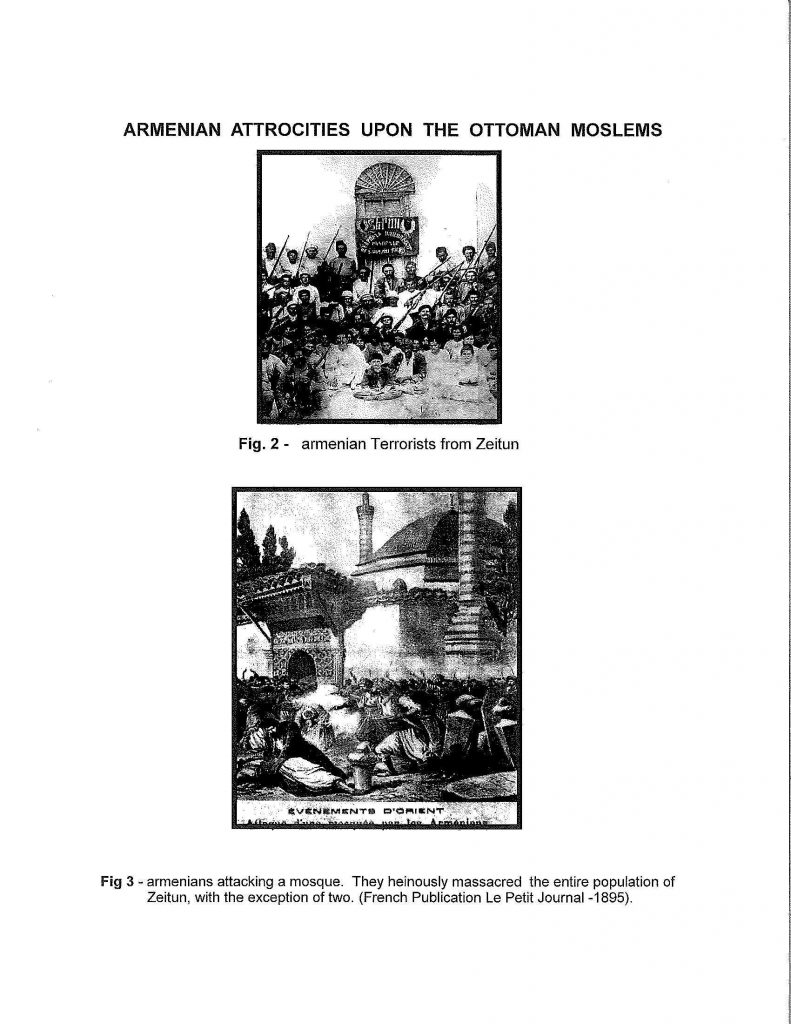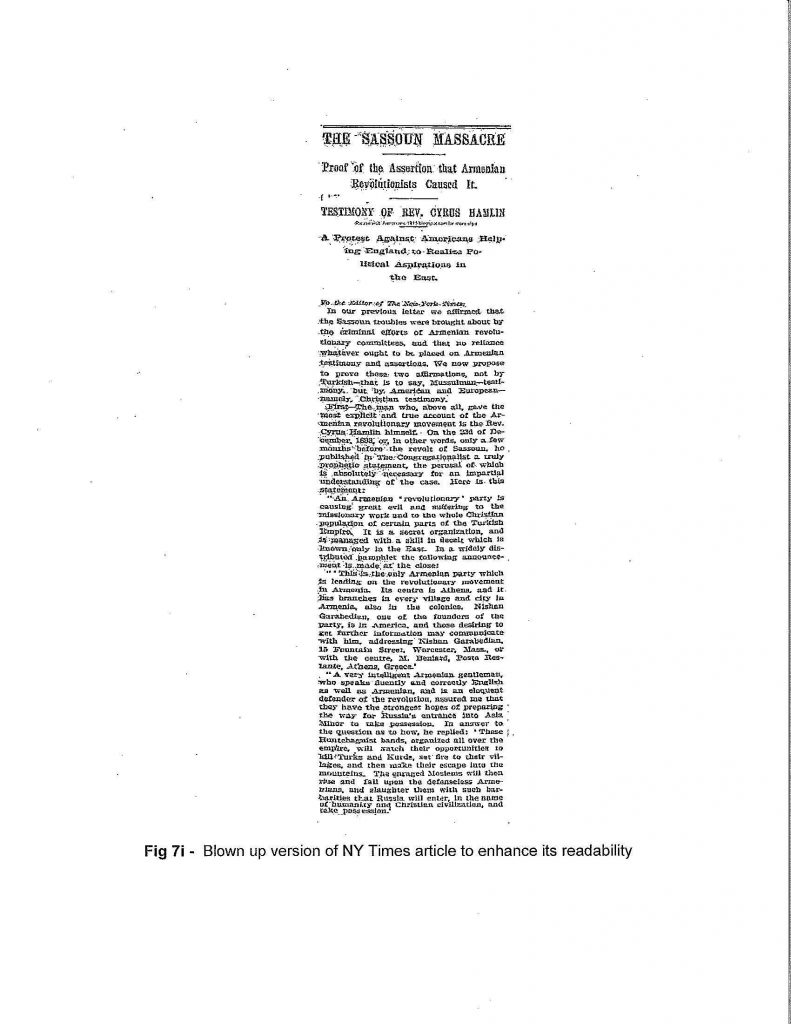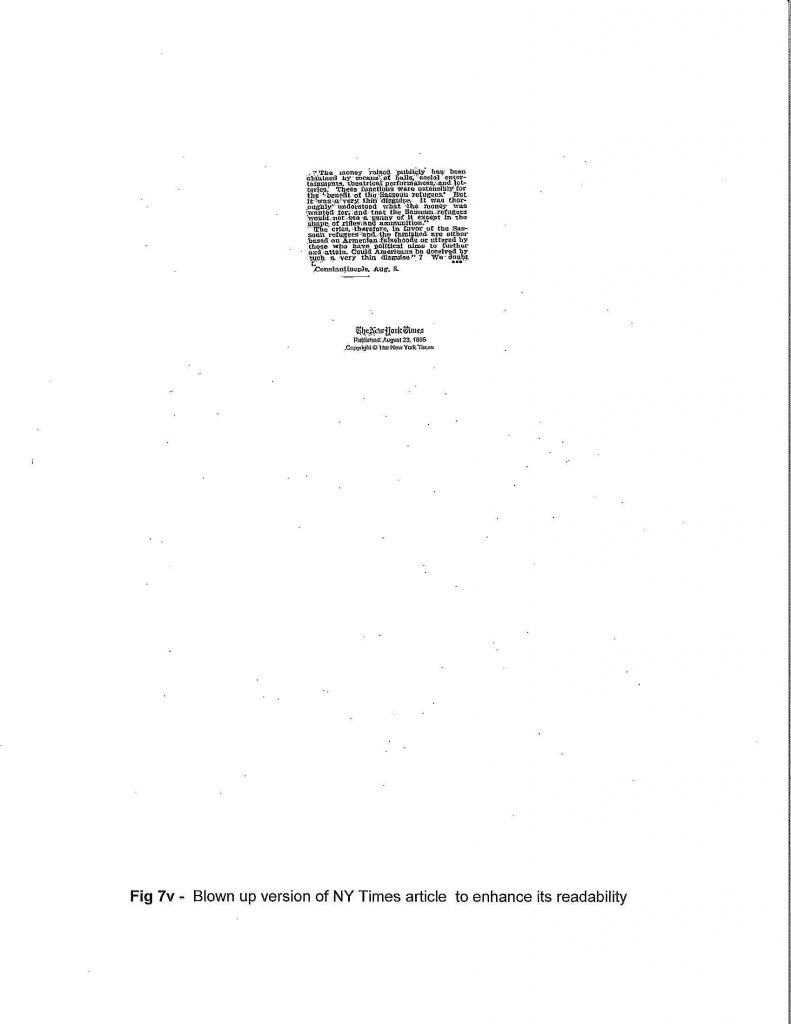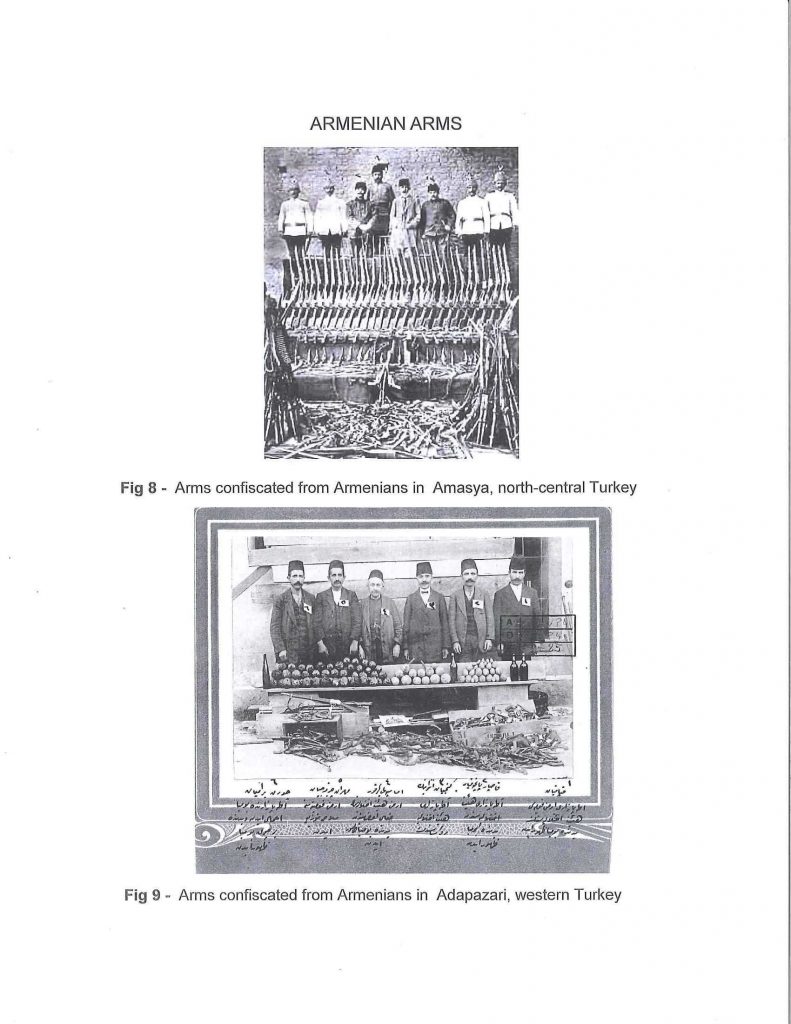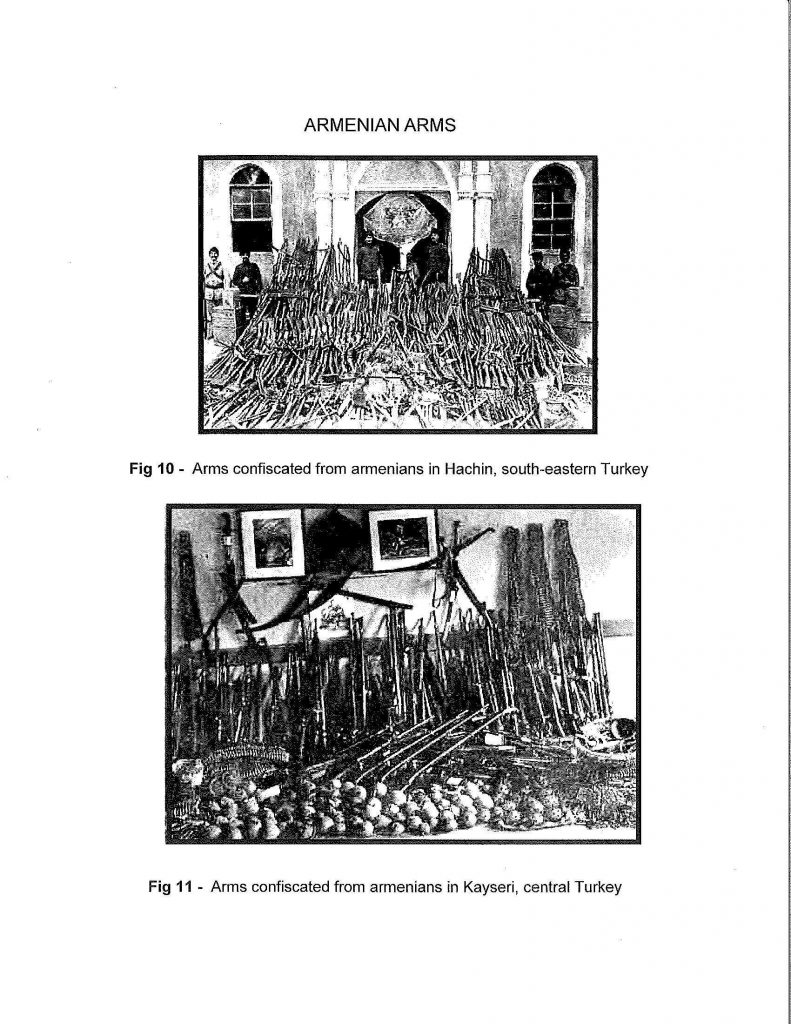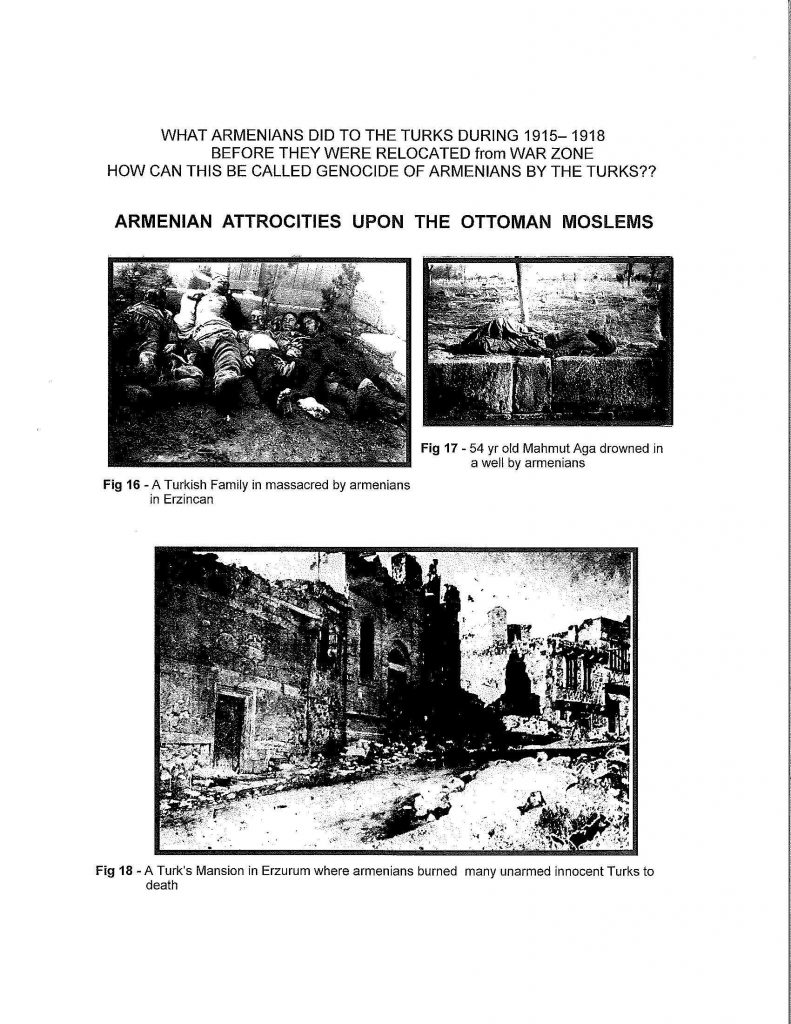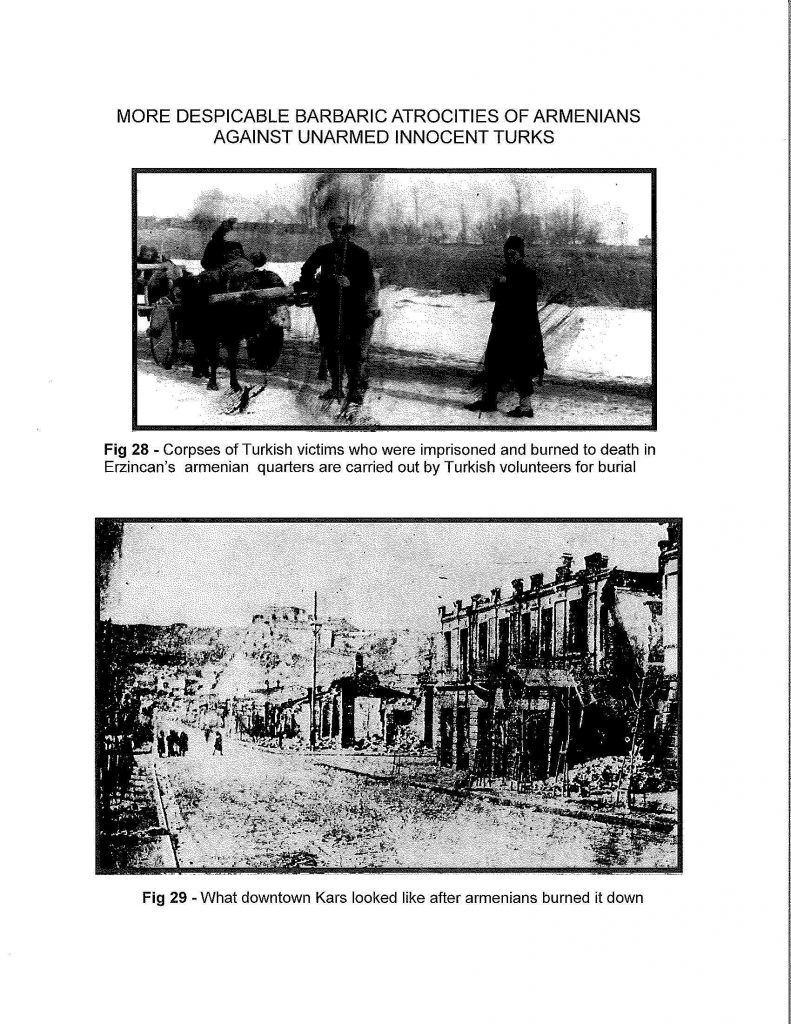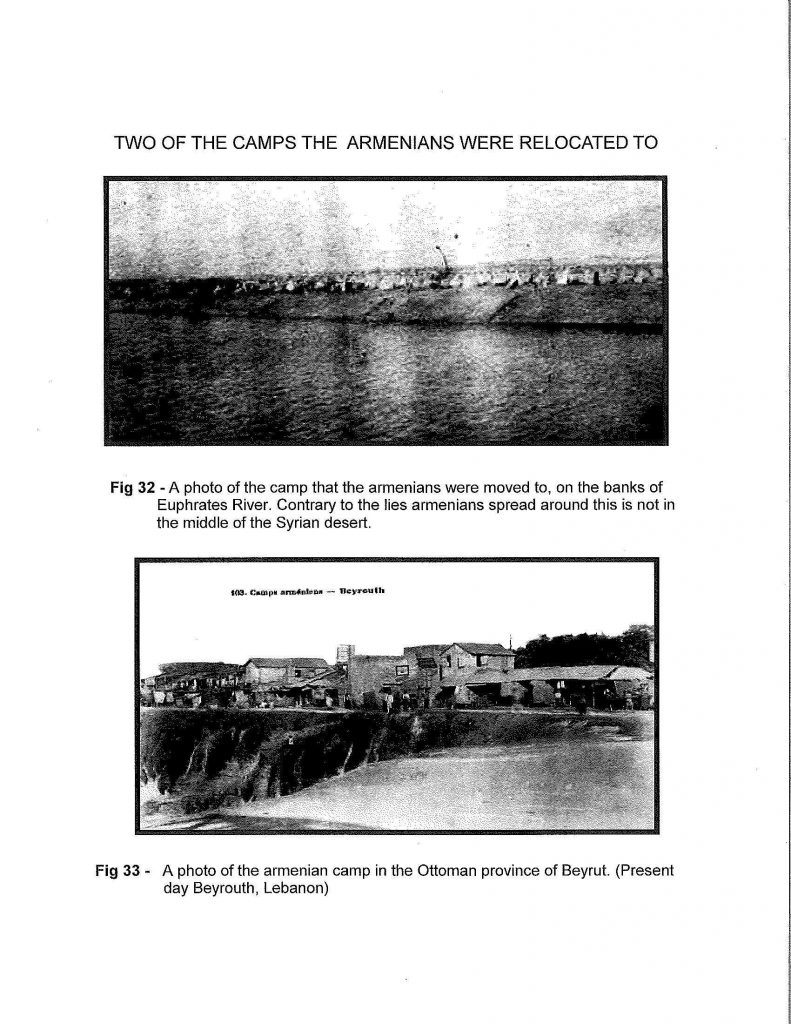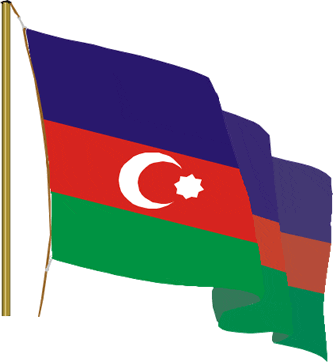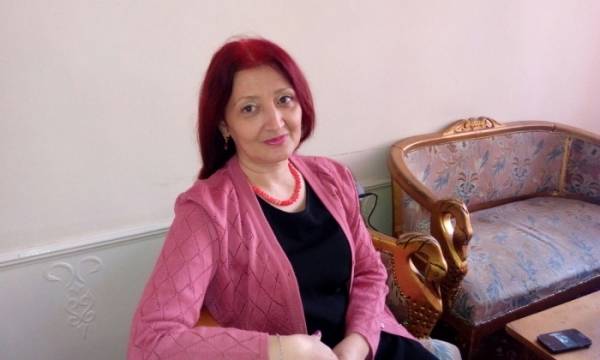After the collapse of Soviet Union there was unsolved problem of Caucasus which is named Nagorno Karabakh. In the date of May 23, 2010 very important progress has been experienced in Karabakh. Seperatist government of Karabakh realised an election which is not accepted by governments and international organizations because of giving message of it is an independent government. It was the fifth election since 1993 and 4 party and 45 candidate was competed for 33 chairs and Free Motherland Party has performed to the leadership. The election which is involved of 70 percent of Karabakh public has born big discussions in a few time.
Arayik Harutyunyan which is the Prime Minister of de-facto Karabakh government is still maintaining leadership of Free Motherland Party. Karabakh Democratic Party, Karabakh Communist Party and Armenian Revolutionist Federation are the other parties which involved to these elections. Free Motherland Party has taken approximately 50 percent of votes and there was more than 100 international observers in these elections.
Seperatist regime in Karabakh caused a new paradox especially in Minsk Group’s peace progress. Nagorno Karabakh is actually in the land of Azebaijan but it is occupied bu Armenia without any law suitable to intenational law and now it is making election as it is independent government this was took a hard response from international community. Approaching of Azerbaijani community in Karabakh to this election was firstly occupiers must leave Karabakh and Azerbaijani community must return to their land, Azerbaijani and Armenian people must leave together with a new order. After these conditions provided then any election can be legitamate. Any election without these points would be the continous of unlawful status. If subject is critised with Madrid Principles which is the last point of Minsk Process Armenian one sided attitude in peace process. After the elections Armenian Minister of Foreign Affairs Edvard Nalbandyan declared that elections were free and democratic and it had created a legitimate government. He said many independent observes had been in elections. And international community has to have good relationships with new government if they wants the problems solved. Bako Sahakyan who is President of seperatist Karabakh government said that elections were independently and independency of Karabakh has to be recognised and people of Karabakh choices has to be respected.
At the point reached in this situation Turkey, Azerbaijan and Russia and international organizations in many countries of the Minsk Group declared elections have no legal basis and neither side expressed concern. Azerbaijan has condemned the situation with a sharp tongue and wanted to show the same reaction from the United Nations. OSCE (European Security and Cooperation Organization), United Nations, European Union, the United States and Russia underlined that choices do not solve the problem, contrary it would cause to continue stated problem.(1) The parties that emphasized current trend must continue and for ensuring legitimacy Madrid Principles have to be accepted by Armenia.
According to the recommedations in full text in Madrid Principles created in 2007 and presented in last year so far many problems have to be solved and agreement for Karabakh’s new status have to be reached. Realisation of substances in recommendations has become more difficult because of final steps of Armenia.
Recommendations to the leaders of Azerbaijan and Armenia:
1. Until the elections which will be held in 2008, consists of the following principles must be tailored to the bill:
a. The location of the security and international peace-keeping force must be guaranteed.
b. Armed forces of Armenia and Nagorno-Karabakh, Lachin Kelbajar and especially around the occupied Nagorno-Karabakh must leave the entire land.
c. Forced immigrants must return to their lands .
d. Current status of Nagorno Karabakh should be determined by the voting system, and until that its temporary status should be designated and, all traffic and trade routes should be opened
2. All shares are being agreed for the controversial section should be indicated.
3. With elections to be held in 2008 in the campaign appropriate environment should be prepared to political leaders to create positive atmosphere for peace and tranquility.
Recommendations for Armenia, Azerbaijan and de-facto government Nagorno-Karabakh
4. Sides should act in accordance with the cease-fire signed in 1994. Should leave the show of force, to increase their defense budgets, the mutual accusations, agitations and drive away from peace statements should be left.
5. Diplomacy outside activities, including the above principles have been agreed at talks about the decision should continue. Even countries councils should be encouraged to do the negotiations and relations between Azerbaijanis and Armenians should try to strengthen.
6. Nagorno-Karabakh’s de-facto administration should put an end to the to be placed on the Armenians in the occupied land , to the continuation of privatization activities in the region, the creation of new building space, to the construction of local buildings.
7. Azerbaijan Nagorno should recognise the possibility Azerbaijani leaders to select their own community should recognize the possibility of oil revenues to benefit all citizens and immigrants to increase transparency and reduce corruption in the trials should be done. (2)
Many of the issues, Armenia’s “rejection of the territorial integrity of Azerbaijan” could not be applied over because of Armenia’s “rejection of the territorial integrity of Azerbaijan”. Time to time, Armenia use it put forward in the country fear mood to impress international community and the world public opinion should recognize Karabakh as an independent state.
New Approaches of Regional Powers
Elections have been held in Karabakh since 1993, lack of response as big as this because there is no positive state before 2000. But in the reached point Armenia’s passive-Karabakh policy stopped peace negotiations to accelerate, the Minsk Group to the region continuously for the loss of visits to perform. By following this policy in Bishkek Protocol, 1994 Management and Azerbaijan in Nagorno-Karabakh problem has managed to pass to the official notes that Armenia has been pursuing the same policy in the new era. If the last review in 2009 will be seen that the rhetoric, stating that Azerbaijan has always followed an aggressive policy to Armenia, the situation does not continue in their favor they would recognize Karabakh as an independent state has indicated.
In 2010 Turkey, Russia and the U.S. about the growing activities impress Armenia to new conditions. Igor Popov told the Russian Co-chairman of the Minsk Group, Russia’s active policy in solving the problem in this country will follow soon matter stated. Again, after elections in the Russian Foreign Ministry spokesman Andrei Nesterenko, Karabakh in any way they don’t recognise Karabakh as an independent state and they respect to integrity of Azerbaijan and that the Karabakh problem should be resolved in this framework stated.(3) Turkey, aim at develop the relations with Armenia prerequisite to emphasize reiterating the urgent need to solve the Karabakh issue and the territorial integrity of Azerbaijan guarantee is not broken by any power. They think to bring Turkey to Co-chairman status to Minsk Group and give very active part to Turkey to solve this problem. After a long break while the U.S. ambassador to Baku was appointed as the Minsk Group Matthew Bryza of the United States has made a Co-chairman. Karabakh in particular the U.S usually in the Caucasus policy, the new expansions will be performed in the new era of Armenia’s stance will be shaped by the U.S. and other countries.
Armenia may be exposed to various pressures because of attitude in the new era may be exposed to various pressures and position themselves in the region will open to outside intervention can make out. In this issue of Turkey in Turkish-Armenian relations towards Karabakh any objection to the requirement did not matter. Regardless of the region as a unilateral world needs to accept that indicates that Armenia will take steps soon again will be determined by the attitude of the international community. Follow-driven politics since independence, Armenia, because of the Russian new attitude it can not see the hope. The increasing U.S. influence in Azerbaijan, with its headquarters location becomes more difficult for Armenia, the adoption of the principles can be subjected to the pressure on the inside. The economic problems of the Armenian people living today, the social crisis brought and vast majority of people do not give importance about the Karabakh issue as they has in the past.
Mehmet Fatih ÖZTARSU – Institute of Strategic Thinking
http://sde.org.tr/
(1) ATET Dağlıq Qarabağda Keçirilen Seçkini Tanımır, ,
(2) Mehmet Fatih Öztarsu, Madrid Prensipleri ve Karabağ Görüşmeleri, Stratejik Düşünce Enstitüsü, ,
(3) Panorama Armenia, https://www.panorama.am/en/news/2010/05/24/rf-mid-nkr/1103483





